Robert J. Bliwise
As editor, Bliwise has overall responsibility for editorial direction and content and for representing the magazine to its various constituencies. He also teaches a seminar in magazine journalism through Duke’s Sanford School of Public Policy.


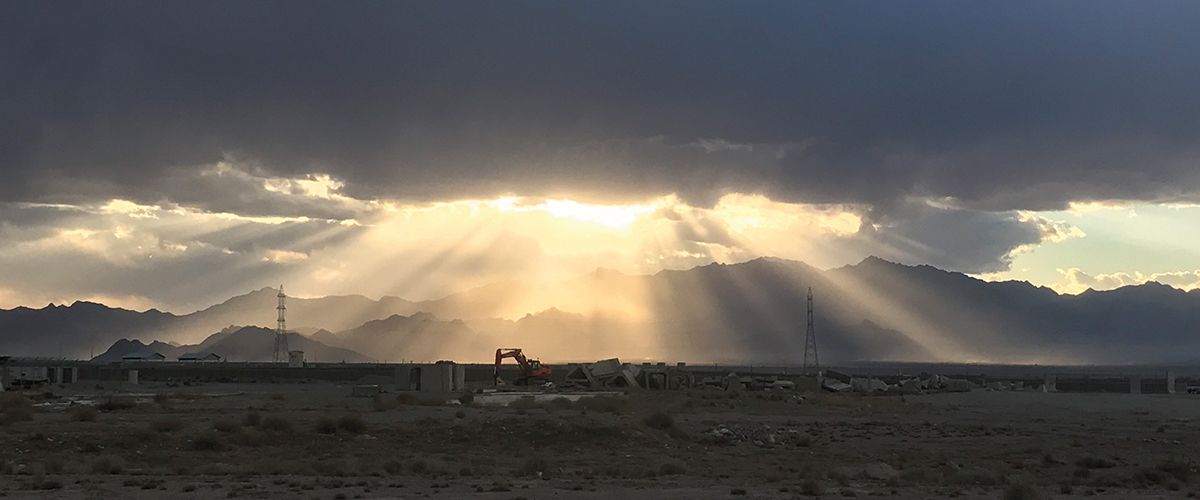


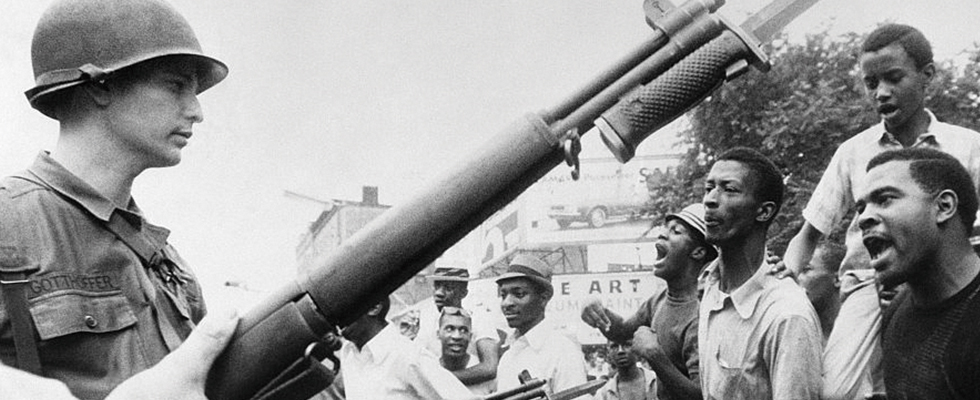

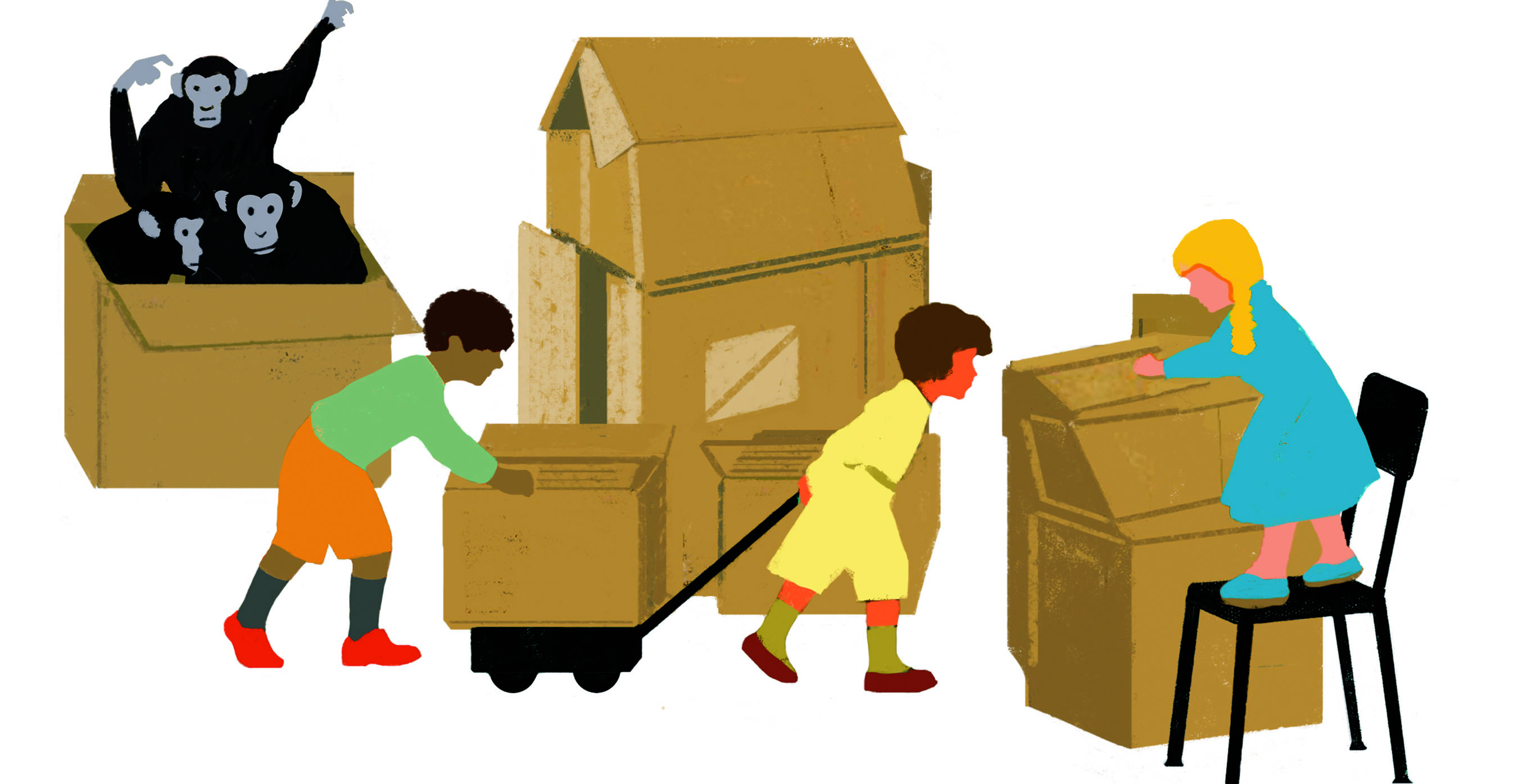




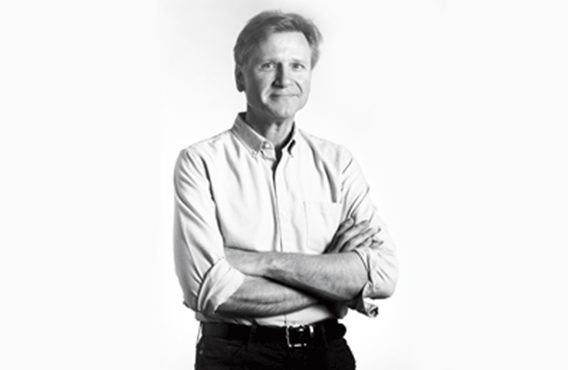









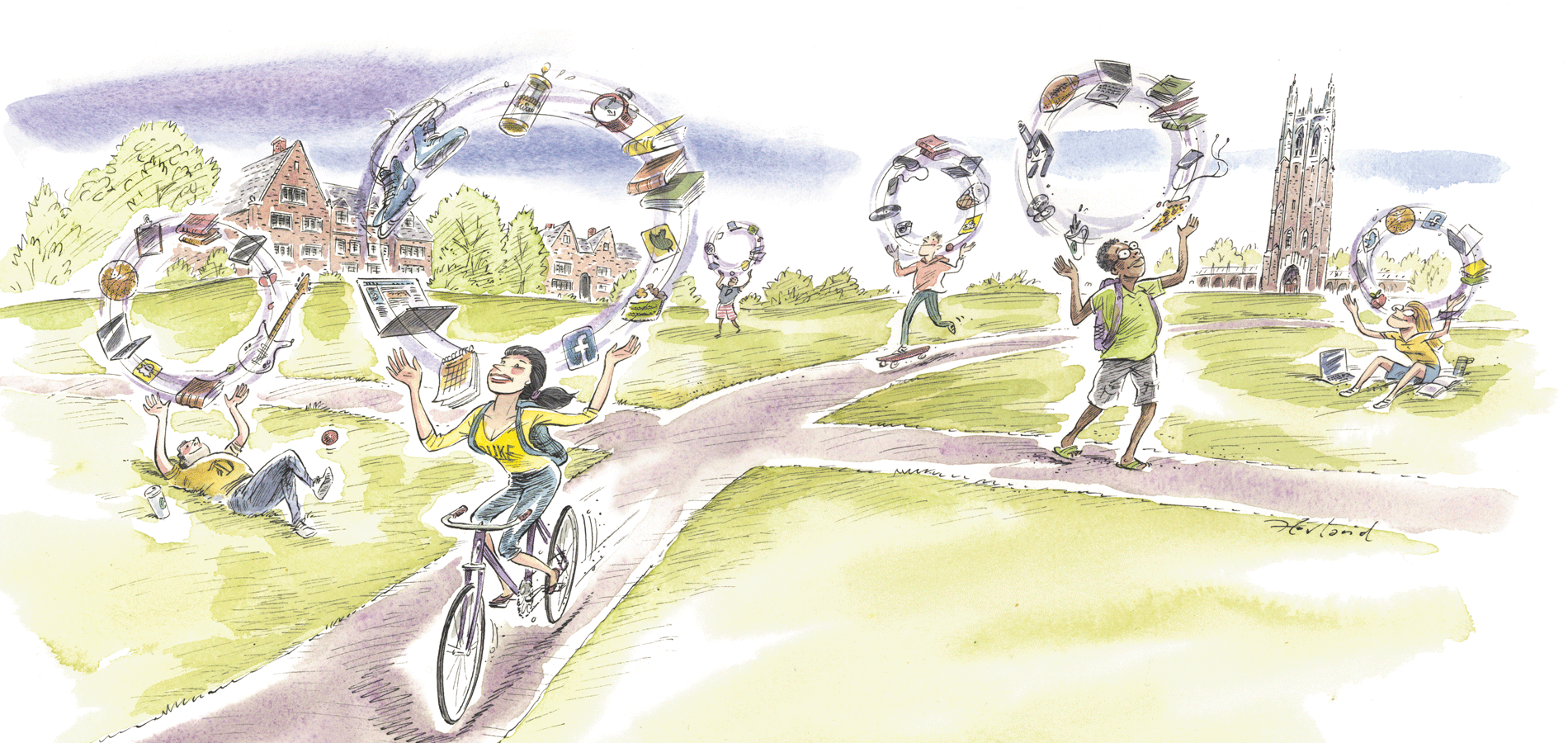





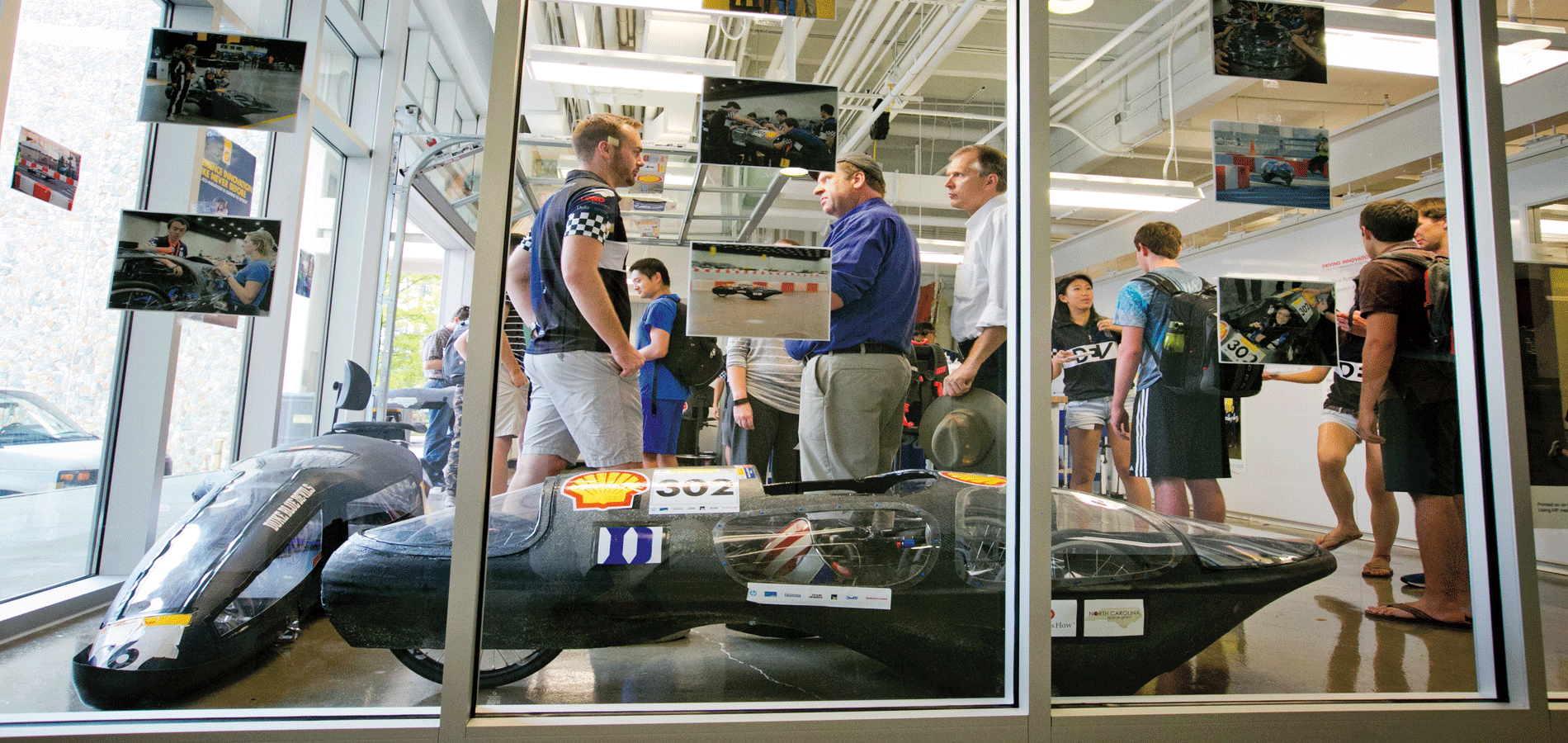









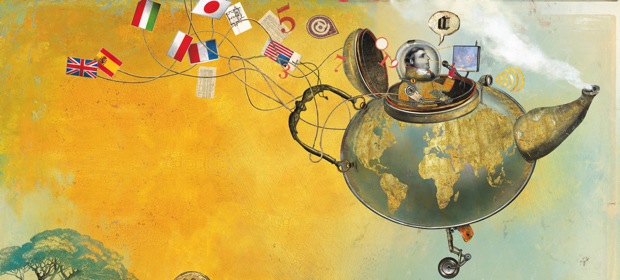


![Robert Lefkowitz [All photos by Chris Hildreth]](https://alumni.duke.edu/sites/default/files/dm-main-images/Lefkowitz_1200x700.jpg)
















